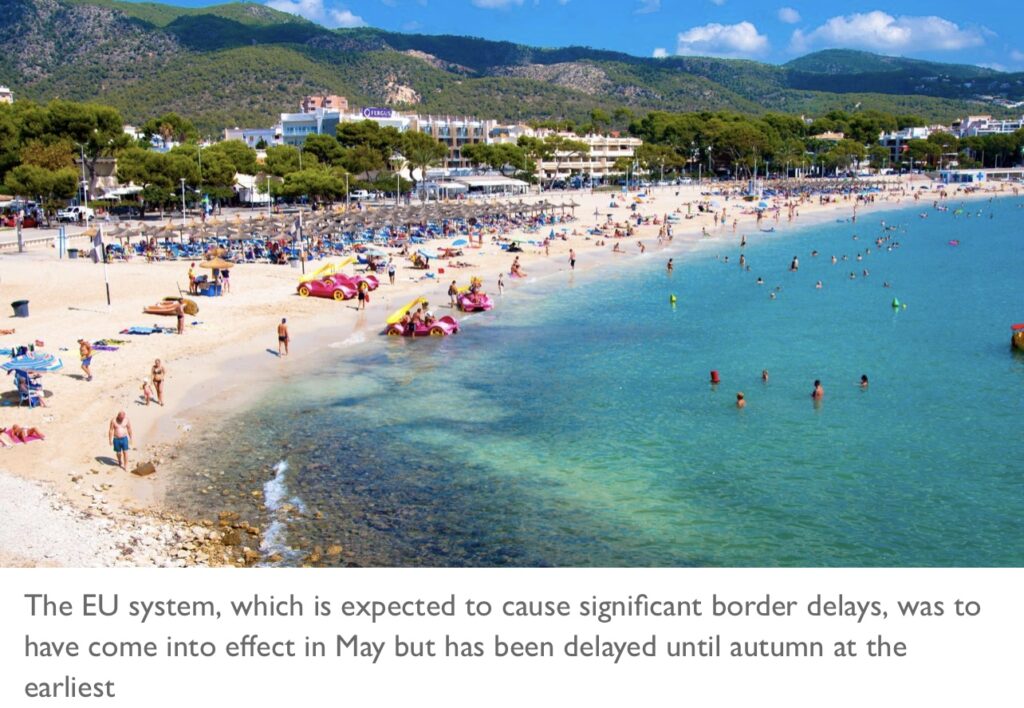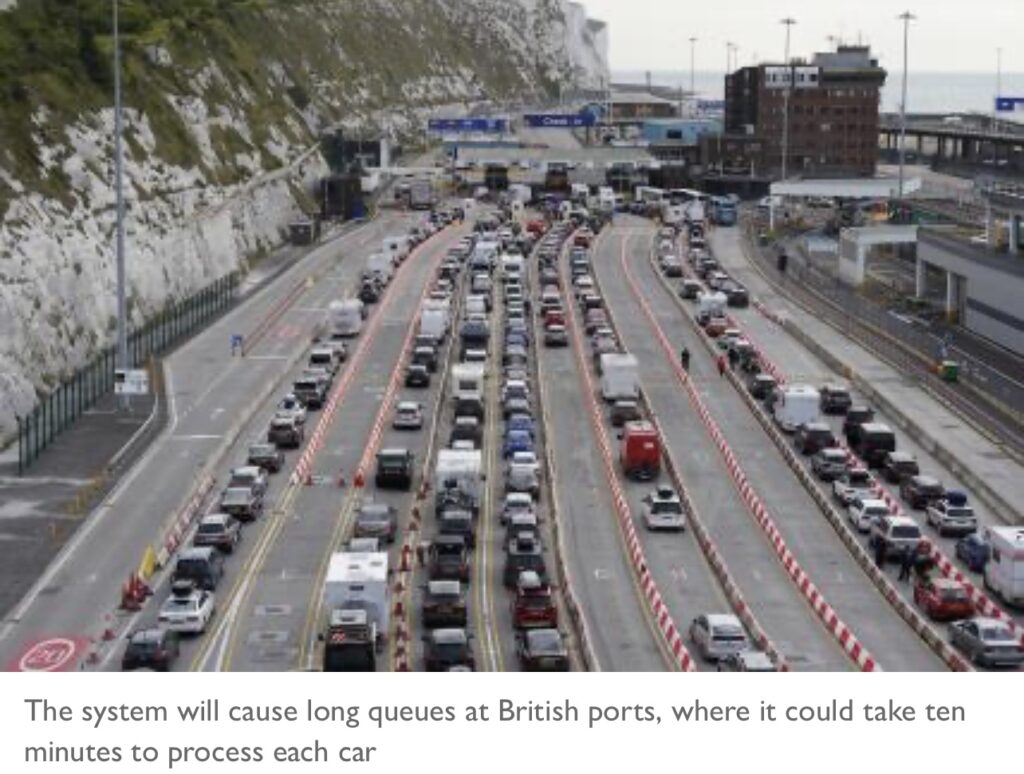EU delays new entry rules requiring fingerprints until autumn
The new entry/exit system will mean that arrivals from outside the EU must have fingerprints scanned and a photograph taken.

Holidaymakers heading to Europe this summer will be spared having their fingerprints registered and picture taken, significantly reducing border queues.
The European Union has postponed the launch of its new entry/exit system (EES), which will affect all arrivals from outside the bloc, until at least the autumn. It was due to come into effect in May.
Officials in Brussels were told that the implementation is “no longer achievable” because of delays caused by the contractors responsible for the new system.
Rene Vihalem, chairman of the EES programme management board, told a meeting of the EU’s large-scale IT projects committee that a revised timetable would be published in March but that ports and airports should be equipped for the system to launch by the end of the year.
Under the scheme, all arrivals from outside the EU will have four fingerprints scanned and a photograph taken. The data will be captured on the first entry to the bloc and verified on subsequent visits.
Holidaymakers had been told to expect long delays, especially at British ports — where border controls are juxtaposed with French immigration formalities carried out on UK land — because of difficulties of capturing passengers’ data from inside their cars. There are also concerns of long queues at the Eurotunnel terminal in Folkestone.
Doug Bannister, chief executive of the Port of Dover, has warned that it could take up to ten minutes to process a single car when the measures come in.

He previously told The Times it could take “two minutes per passenger” to register them for the ESS system, followed by a further two minutes to process those passengers. At present it takes 45-90 seconds to process a car with four passengers at the port.
The introduction of the scheme could cause “significant and continued disruption for a very long time” and he has urged the EU to delay the rollout until after the summer
To read the entire article, click: Here
Source:TheTimes
You must be logged in to post a comment.